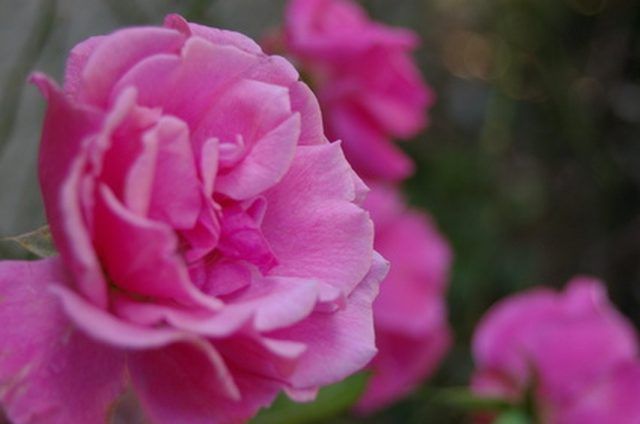Bulbs
Flower Basics
Flower Beds & Specialty Gardens
Flower Garden
Garden Furniture
Garden Gnomes
Garden Seeds
Garden Sheds
Garden Statues
Garden Tools & Supplies
Gardening Basics
Green & Organic
Groundcovers & Vines
Growing Annuals
Growing Basil
Growing Beans
Growing Berries
Growing Blueberries
Growing Cactus
Growing Corn
Growing Cotton
Growing Edibles
Growing Flowers
Growing Garlic
Growing Grapes
Growing Grass
Growing Herbs
Growing Jasmine
Growing Mint
Growing Mushrooms
Orchids
Growing Peanuts
Growing Perennials
Growing Plants
Growing Rosemary
Growing Roses
Growing Strawberries
Growing Sunflowers
Growing Thyme
Growing Tomatoes
Growing Tulips
Growing Vegetables
Herb Basics
Herb Garden
Indoor Growing
Landscaping Basics
Landscaping Patios
Landscaping Plants
Landscaping Shrubs
Landscaping Trees
Landscaping Walks & Pathways
Lawn Basics
Lawn Maintenance
Lawn Mowers
Lawn Ornaments
Lawn Planting
Lawn Tools
Outdoor Growing
Overall Landscape Planning
Pests, Weeds & Problems
Plant Basics
Rock Garden
Rose Garden
Shrubs
Soil
Specialty Gardens
Trees
Vegetable Garden
Yard Maintenance
The Best Time to Plant Knockout Roses
The Best Time to Plant Knockout Roses. In 1988 rose breeder William Radler developed the Knockout Rose shrub, which has since proven resistant to cold climates and many common rose diseases such as black spot. The best time to plant your Knockout roses is dependent on your location and the maturity of the rose roots or plants you are planting.

In 1988 rose breeder William Radler developed the Knockout Rose shrub, which has since proven resistant to cold climates and many common rose diseases such as black spot. The best time to plant your Knockout roses is dependent on your location and the maturity of the rose roots or plants you are planting.
Seasons
According to Rose Gardening Made Easy, the best times to plant knockout roses are in the early spring or late winter if you live a region that experiences cold winter seasons. If you live in an area with a warm climate such as California, Texas or Florida, you can plant in the fall or early December.
Root or Plant
If you are planting rose bulbs or roots, you should plant them in the springtime to give them plenty of time to grow before the cold weather arrives. According to Rose Gardening Made Easy, rose plants can be placed in containers or planted in the ground during much of the year, as long as the ground is not frozen or water logged.
Considerations
Knockout roses have proven their hardiness and durability relative to other types of roses--they are winter hardy to USDA Zone 5 and heat tolerant throughout the U.S. However, a few environmental threats are common to all roses, including Knockouts. Frost and cold weather will stunt the growth of Knockout roots or young plants, and they generally don't fair well when their roots are left to soak in water.
Tips
Wait until the last frost has passed before you begin planting. Check with your local nursery if you are unsure when it is safe to plant. Plant roses where there is plenty of drainage, and modify your watering patterns in accordance with heavy rain or prolonged sun and heat. In regions that experience especially cold winters, it may be necessary to provide protection for the knockouts in your garden; check with your local nursery for guidance.